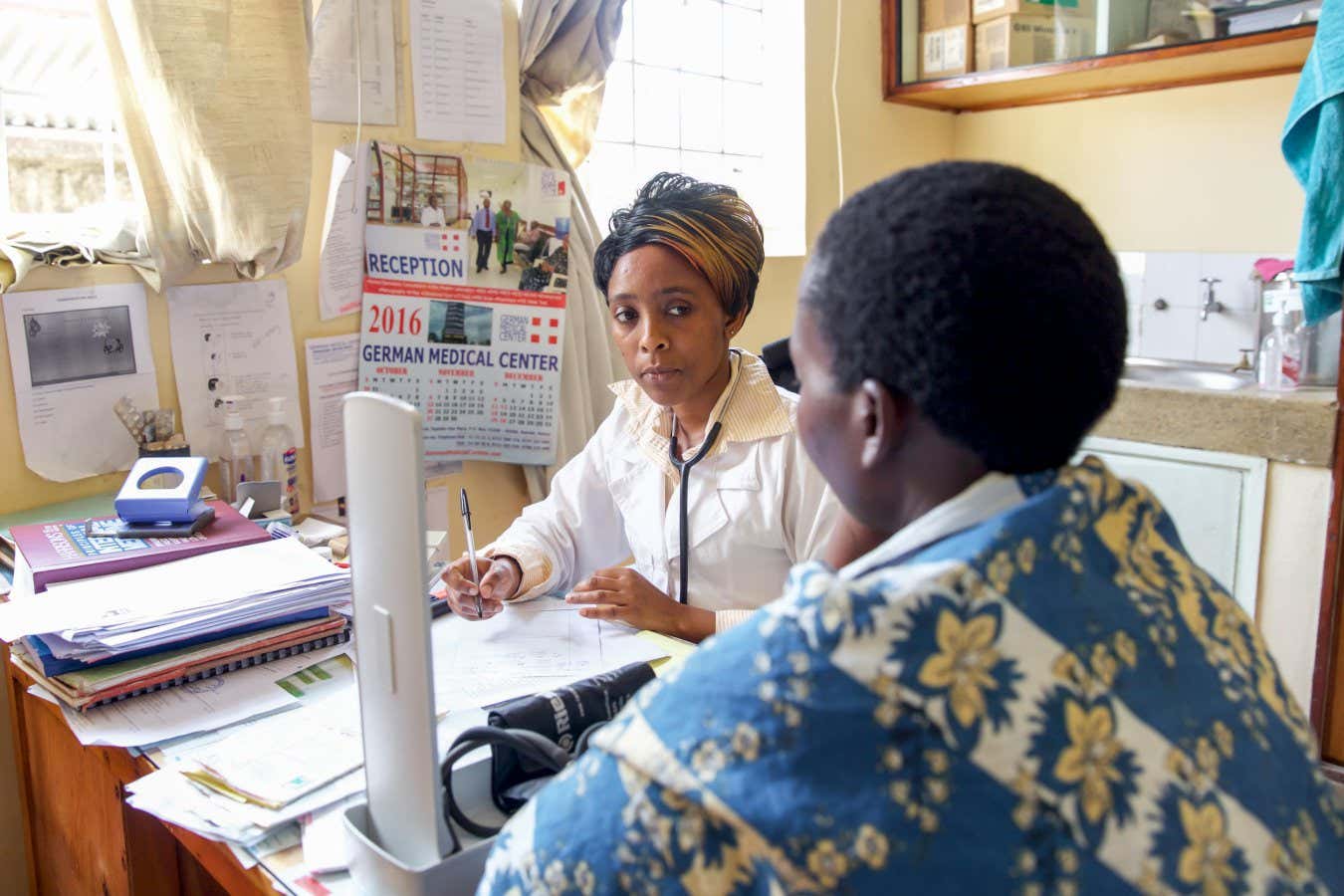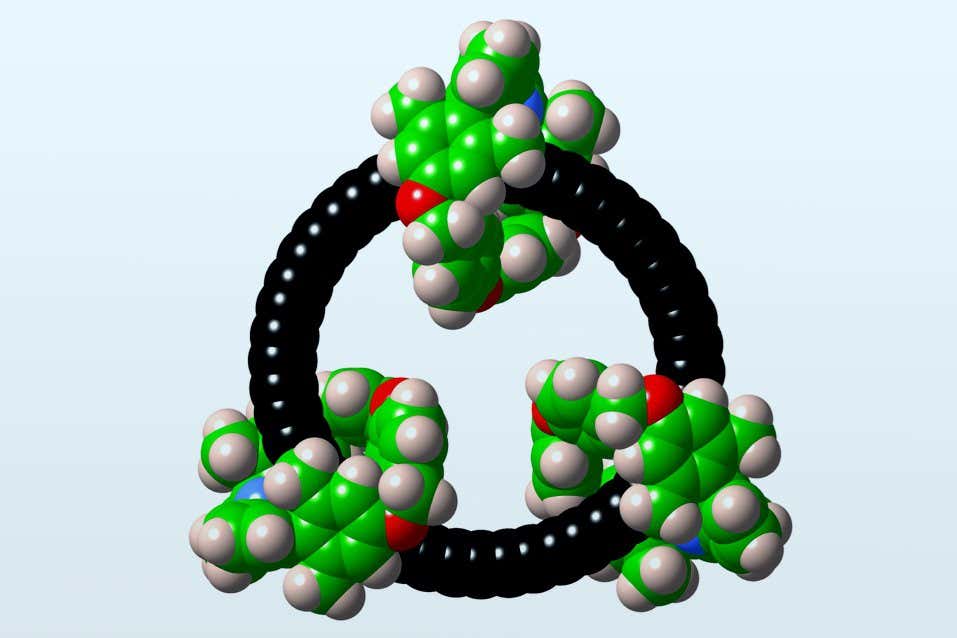Now Reading: New Diabetes Subtype Identified in Sub-Saharan African Youths
-
01
New Diabetes Subtype Identified in Sub-Saharan African Youths
New Diabetes Subtype Identified in Sub-Saharan African Youths

Rapid Summary
- A study identified a new subtype of diabetes in sub-Saharan African youths diagnosed wiht type 1 diabetes, distinct from classical forms of the disease.
- 65% of participants lacked autoantibodies and genetic risk factors usually associated with type 1 diabetes but still suffered insulin deficiency, suggesting a novel non-autoimmune form.
- The study involved 894 youths from Uganda, Cameroon, and South Africa (median age: 15 years), all diagnosed with type 1 diabetes and treated with insulin.
- Comparison data from over 3,000 US participants showed much lower rates (15% in black Americans) of this autoantibody-negative form.
- Researchers suggest genetic and environmental factors may drive this subtype, possibly linked to beta cell damage or unidentified autoantibodies.
- Insulin remains the primary treatment for now; though, further research is needed to develop tailored care.
Indian Opinion Analysis
The identification of a new non-autoimmune subtype of diabetes among sub-Saharan African populations highlights the variability in how diseases manifest across different regions. For India-another diverse country facing rising blood sugar disorders-it emphasizes the importance of region-specific medical research.As India battles increasing cases of both Type 1 and Type 2 diabetes amidst its heterogeneous population and living conditions,such findings urge policymakers to fund localized studies that account for unique genetic or environmental influences impacting health outcomes.
Additionally,initiatives for robust data collection within smaller population subsets could help uncover undiagnosed patterns or disease variants across regions in India. This research advances global understanding while underscoring gaps in standardized care strategies for complex medical needs.


























